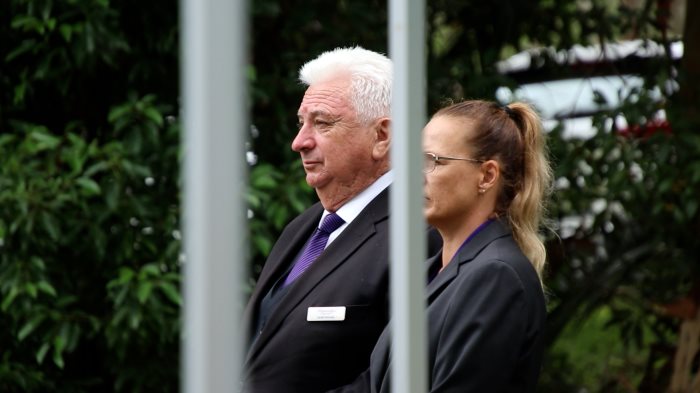Funeral services hold a profound place in human culture, serving as a bridge between the living and the departed. They provide a structured opportunity for friends and family to honour the deceased’s life and legacy, while also offering a communal space to express grief and find closure. This article explores the significance of funeral services and the various ways they help us respectfully bid farewell to those we have lost.
Understanding the Role of Funeral Services
At its core, a funeral service is a ritualistic way to acknowledge the reality of death, celebrate the life that was lived, and commence the grieving process. Different cultures and religions have unique rites and ceremonies, but the underlying purpose remains constant: to honour the deceased while providing support for the bereaved.
Funeral services often reflect the personality and wishes of the deceased, making each ceremony unique. Some opt for traditional religious ceremonies, while others may prefer a secular, more personal tribute. The choice of a funeral type—be it a sombre occasion or a celebration of life—can significantly influence the mourning process and serve as a crucial step in accepting the loss.
Celebrating Life and Legacy
One of the most significant aspects of funeral services is the celebration of the deceased’s life. Eulogies, music, readings, and the sharing of memories all contribute to this celebration. These elements help to paint a picture of the person’s character, achievements, and the impact they had on others. By focusing on the positive aspects of their life, mourners can find comfort in knowing that the legacy of the deceased will continue to live on through the stories shared and the memories cherished.
Moreover, this celebration helps to reinforce the values and lessons the deceased imparted. It serves as a reminder of their contributions to their community and the personal connections they fostered. In many ways, a funeral is a final tribute that can inspire attendees to reflect on their own lives and the legacy they wish to leave behind.
Providing Closure and Support
Funerals also play a crucial role in providing closure. The ritual of saying goodbye helps individuals to confront their loss and begin the process of healing. For many, the act of physically witnessing the burial or the scattering of ashes signifies the reality of the situation, which can be crucial for emotional processing.
Furthermore, funeral services bring together a community of mourners who share in the grief. This communal aspect of funerals cannot be understated; it offers a support system for those affected by the loss. Sharing grief helps validate feelings and promotes a sense of solidarity, making the bereavement process less isolating.
Navigating the Grief Journey
While funerals are a key component in honouring the deceased and providing closure, they are often just the beginning of the grief journey. Grief can be unpredictable and non-linear, and individuals may need ongoing support beyond the funeral. Mental health professionals often emphasise the importance of aftercare, such as grief counselling, support groups, or informal gatherings to remember the deceased on significant dates.
Summing up, funeral services are a deeply rooted cultural practice that serves multiple purposes: they respect and celebrate the life of the deceased, provide closure to the bereaved, and offer a communal space for shared mourning. Each service, in its unique way, helps those left behind to navigate their grief while ensuring that the legacy of the deceased is honoured and remembered.







Leave a Reply